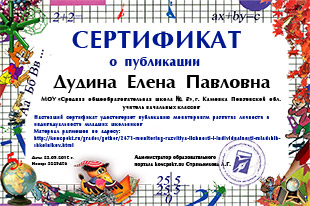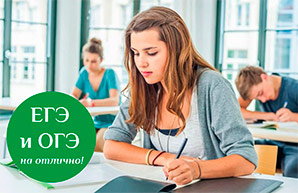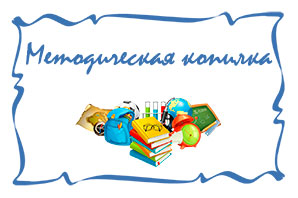Конспект урока английского языка в 6 классе: My Country
Theme of the Lesson: My Country. Daily routines
Learning objective(s) that this lesson is contributing to
- provide basic information about themselves and others at sentence level on an increasing range of general topics;
- understand with little support specific information and detail in short, simple texts on a limited range of general and curricular topics;
- understand most specific information and detail of short, supported talk on a wide range of familiar topics;
- interact with peers to negotiate, agree and organise priorities and plans for completing classroom tasks;
- use conjunctions so, if, when, where, before, after to link parts of sentences on a limited range of familiar general and curricular topic;
- plan, write, edit and proofread work at text level with support on a limited range of general and curricular topics;
- write with support a sequence of short sentences in a paragraph on a limited range of familiar general topics.
Lesson objectives
- To differentiate facts from opinions.
- To brainstorm ideas and outline a piece of writing.
- To use feedback from others.
Success criteria
- A learner can distinguish facts from opinions.
- A learner can brainstorm ideas and write on a paper.
- A learner can give some feedback to his classmates.
Value links: cooperation, the lesson is aimed at improving students’ motivation, self-management and collaborative skills
Cross curricular links: Education, the lesson is aimed at learning some names of cities, educational system of countries.
Previous learning: Writing an email; practicing writing an email about a class.
Lesson plan
|
Planned timings |
Planned timings |
Resources |
|
Beginning
0-3
3-8
8-10 |
Organizational moment
Teacher presents the lesson objectives, explains students what they would be able to do by the end of this lesson. 1. Warming-up. Brainstorming “Definition bingo” Where you give the learners a selection of words to choose 4 from, then you read the definitions. First one to cross off their 4 words wins. Teacher shows the photos of the countries around the world, and discuss about differences of them. |
PPT Lesson objectives
Handout 1
PPT school pictures |
|
Middle
10-17
17-20
20-25
25-35
|
1. Focus on reading Ask learners to read the text and match the heading with the paragraphs. After learners match the heading, ask them to underline facts from the text. In the note you can see some information about the difference between a fact and an opinion. Remember, that the text is 90% based on facts, thus there are more facts than opinions. Answers:
2. Focus on vocabulary Then students discuss the meaning of the unknown words or phrases with their partners. There are possible words that can be discussed by students. If learners are confused, and it is really difficult for them, let them use dictionaries or online dictionaries. 1. Compulsory 2. science 3. P.E (Physical Education) 4. leave school 5. stay at school 6. constitution 7. expensive 8. cost - Note: A fact is a statement that can be proven true or false. An opinion is an expression of a person's feelings that cannot be proven. Opinions can be based on facts or emotions and sometimes they are meant to deliberately mislead others. 3.Focus on speaking Ask learners to do Exercise 3. They should decide if the sentences are true for England and then say what is true in their country.
Answers:
4.Presentation Students in groups of 3-4, choose two countries to make a poster about their differences in a paper. Assessment criteria - Make a presentation for 2 min - Use 3-4 new words from the text - Make the poster eye- catching |
Handout 2 Exercises 2-3
Handout 2 Exercises 2-3
Handout 2 Exercises 2-3
Posters, crayons |
|
End 35-40 |
At the end of the lesson, learners reflect on their learning:
|
|
|
DIFFERENTIATION – how do you plan to give more support? How do you plan to challenge the more able learners? |
ASSESSMENT – how are you planning to check learners’ learning? |
Health and safety rules |
|
Teacher gives individual support to weaker students during warm-up, while-reading and post-reading activities. Teacher helps weaker students with some vocabulary and grammatical issues.
|
Learners will present their work and assess each other according to the given criteria Make a presentation for 2 min Use 3-4 new words from the text Make the poster eye- catching |
- Chairs, wastebaskets, electrical cords, and other articles should not be left where they will become a tripping hazard. - Desk drawers, cabinet doors and file drawers should not be left open while unattended. Pull only one drawer out at a time. Heavier items should be loaded in the lower file drawers to prevent the file from tipping over. - Approved ladders or other safe support should be used to reach materials on high shelves, bulletin boards, or other high elevations. When it is necessary to climb - Use a ladder, not a chair, stool, desk or box. Be sure the ladder is secured. - On all hand-operated paper cutters, the blade shall be left in the "down" position when not in use. - Walk slowly and cautiously up and down stairs and use handrail, whenever possible. |




